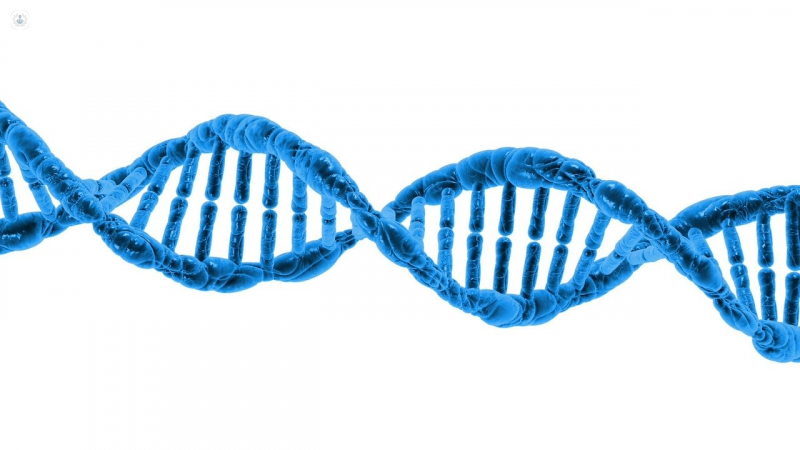Klinefelter syndrome
Dr Melita Irving - Clinical genetics
Created on: 10-15-2019
Updated on: 07-05-2023
Edited by: Karolyn Judge
What is Klinefelter syndrome?
Klinefelter syndrome (KS), which may also be referred to as KS or XXY, is a genetic condition in which males are born with an extra X chromosome. Sometimes, this extra X chromosome can cause certain symptoms or problems. For example, babies and toddlers with Klinefelter syndrome may crawl, walk and talk later than average, they may be shy and have learning difficulties such as dyslexia.
Teenage boys with this syndrome may grow taller than expected for their family, produce body hair later than usual and have a small penis and testicles. In adulthood, KS can result in a low sex drive and infertility.
Men with KS are also at a higher risk of the following health conditions:
- Osteoporosis
- Type 2 diabetes
- Hypothyroidism
- Anxiety
- Depression
- Male breast cancer (very rare)

What's the outlook for Klinefelter syndrome?
Klinefelter syndrome is not life-threatening, and many boys and men with the condition will live normal lives.
What are the symptoms of Klinefelter?
Babies and toddlers with Klinefelter syndrome may crawl, walk and talk later than average, they may be shy and have learning difficulties such as dyslexia.
Teenage boys with this syndrome may grow taller than expected for their family, produce body hair later than usual and have a small penis and testicles.
In adulthood, KS can result in a low sex drive and infertility.
Men with KS are also at a higher risk of the following health conditions:
- Osteoporosis
- Type 2 diabetes
- Hypothyroidism
- Anxiety
- Depression
- Male breast cancer (very rare)
How is Klinefelter syndrome diagnosed?
If parents notice any issues with their son’s development, they should take their son to their GP. A GP might be able to diagnose Klinefelter’s syndrome after doing a physical examination, but a hormone blood test and chromosome analysis will be able to confirm a diagnosis of Klinefelter’s syndrome.
What are the causes of Klinefelter syndrome?
Klinefelter syndrome is caused by an extra X chromosome in males, which is a random occurrence. This genetic condition is not inherited. Having an additional X chromosome interferes with the development of testicles in men, which in turn means there will be lower testosterone production.
Can Klinefelter syndrome be prevented?
The occurrence of Klinefelter syndrome is random, and there is nothing parents can do to reduce the chance of it happening. However, pregnant women over the age of 35 are slightly more at risk of having a baby with this syndrome.
How is Klinefelter syndrome treated?
There is no cure for Klinefelter syndrome, however, symptoms can be managed and associated illnesses can also be treated. The following may be necessary for males with Klinefelter syndrome:
- Speech therapy
- Testosterone replacement therapy
- Learning support at school
- Occupational therapy
- Fertility treatment
Which type of specialist treats Klinefelter syndrome?
Klinefelter syndrome may be treated by a clinical geneticist, paediatrician, fertility specialist or psychologist.

